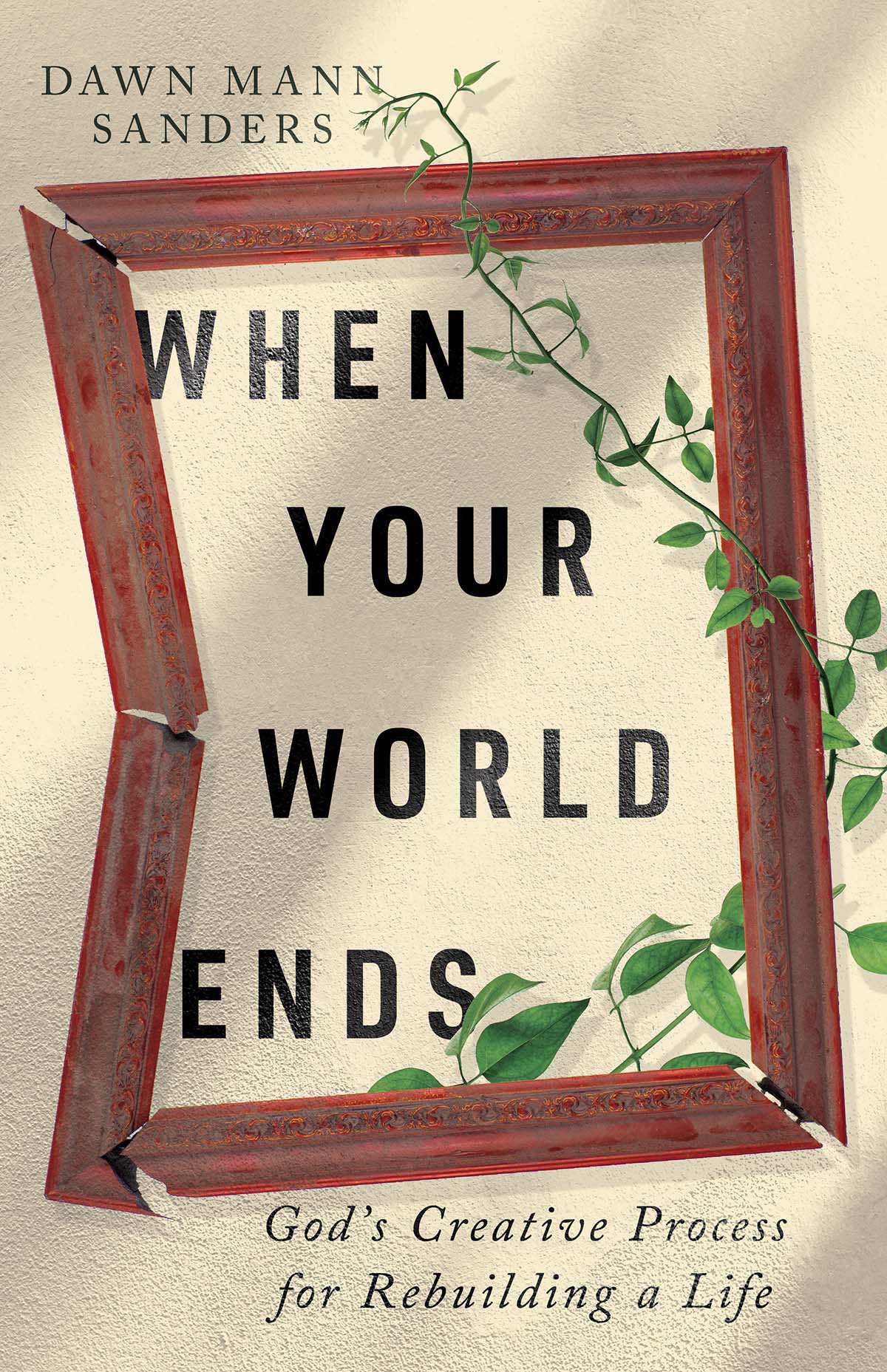Ecclesiastes 3:1 says, “To everything there is a season, A time for every purpose under heaven.” This truth is followed by a list of fourteen opposites. Though not listed specifically among the fourteen opposites, I’ve learned that a time to be cared for by someone and a time to care for others are two of those times that come with great frequency.
To everything there is a season, A time for every purpose under heaven: A time to be born, And a time to die; A time to plant, And a time to pluck what is planted; A time to kill, And a time to heal; A time to break down, And a time to build up; A time to weep, And a time to laugh; A time to mourn, And a time to dance; A time to cast away stones, And a time to gather stones; A time to embrace, And a time to refrain from embracing; A time to gain, And a time to lose; A time to keep, And a time to throw away; A time to tear, And a time to sew; A time to keep silence, And a time to speak; A time to love, And a time to hate; A time of war, And a time of peace. ~ Ecclesiastes 3:1-8
If you’re blessed, you have someone to fit both of these roles—because it’s a sad sight to see someone in need of care without anyone to care for them or someone without someone to care for. That’s why the Lord God said, “It is not good that man should be alone” and made help for him (Genesis 2:18), if he can find the help (Proverbs 18:22).
He who finds a wife finds a good thing, And obtains favor from the Lord. ~ Proverbs 18:22
You know the adage: “Good help is hard to find.” This can be true in loving families. It was true in mine.
A Progressive Disease
My father had Parkinson’s Disease, a neurodegenerative disorder. Neurodegenerative means it is a progressive disease of the nervous system, especially the nerves in the brain. In this situation, progressive means he lost abilities, slowly, over time. So, as Parkinson’s progressed throughout my father’s nervous system, he began to need more and more help.
In his prime, my father played professional soccer overseas. Once, he pushed his body to peak performance over and over. Later, in his old age, that same body refused to respond. Or worse, responded contrary to his desires.
Needless to say, this was hard for my father. And as anyone who cared for someone who used to care for them knows, it was equally hard on the rest of our family because my father cared for all of us.
The hardest part for me was accepting that my Superman had met his kryptonite. Seeing the man who lifted me up—both physically and emotionally—need me to lift him physically and emotionally devastated me. It took me a minute to wrap my head around the fact that our roles had reversed. I was now the caregiver and my father the care receiver.
Part of the reason it was hard is because I still needed help. We don’t stop needing help just because our roles with our care givers reverse. We just have to find our help from new—and sometimes unexpected—sources.
Some Wonderful Advice
Like raising a child, caring for the elderly takes a village. No one person can provide for all the needs of another person, healthy or not, young or old. Caring for people requires help.
Fortunately, as the youngest of five, I have siblings and each of them have children who could’ve helped care for both of my parents as they aged. Unfortunately, they haven’t always cared for them the way I would’ve liked. The rest of my family didn’t care for my father the way I would have or for my mother the way I do.
For a long time, that bothered me. I found it particularly frustrating when the offenders, those who offended me with their lack of care for my parents, lived in my parents’ home. These were family members who moved in looking for my parents to do what my parents have always done—take care of them—rather than move in looking for a place to stay, but to care for my parents in return, which in my opinion, they didn’t do.
As I said, that frustrated me, especially because there were things I wanted to do for my parents, like clean their home, but hesitated to do. I hesitated because my parents didn’t create the majority of the mess. The majority of the mess was created by these grown folks who were able-bodied, and could easily clean up behind themselves—and my parents, especially since they were benefiting from all the blessings of being in my parents’ home. In my opinion, the least they could do was clean up.
Make the decision so that I wouldn’t have any regrets.
One day, I shared my frustration with my cousin Gail, who gave me some wonderful advice. Gail challenged me to think about what I wanted to do for my parents and do it—regardless of who was there or what they did. At the time of our conversation, both of Gail’s parents had passed already and she encouraged me to make this decision so that I wouldn’t have any regrets after my parents passed.
Following Gail’s advice, I prayed and the Lord led me in deciding what to do for my parents and I did it—regardless of who else was living in my parents’ home, regardless of what they did, regardless of who else would be blessed, regardless of whether I felt they deserved the blessing. Basically, I came to accept that if someone was going to care for my parents the way I wanted my parents cared for that that someone would have to be me. So, out of my love for my parents, I cared for them the way I wanted to care for them.
And when Daddy passed, I had no regrets. I did the best I knew how to do for Daddy and I trusted God with the rest.
An Unexpected Benefit
Making this decision had an unexpected benefit. What I didn’t realize when I was unhappy with the care that certain people in my family were providing my parent was other people in my family were unhappy with the care that I gave my parents.
And they may have been right. I am not perfect. I probably could’ve done more. But because I prayed about what I did and didn’t do, I still didn’t and don’t have any regrets. Learning that others felt that I had missed the mark, didn’t make me feel guilty, or worse, shame.
That doesn’t mean that I am not doing things differently with my mother now that my father is gone. I am. I don’t regret what I did or didn’t do for my father, but I have grown from the experience. That growth allows me to approach my mother’s care differently. To personalize Maya Angelou, I did the best I could until I knew better, then when I knew better, I did better.
“Do the best you can until you know better. Then when you know better, do better.”
Maya Angelou
That growth taught me to appreciate whatever and how much other people do for my mother—even if it isn’t what I would do. There are things that my mother needs that I don’t do, not because I don’t care, but because I am different. I don’t think like other people, so I don’t do what other people do. They don’t think like me, so they don’t do what I do.
So, my prayer used to be for others to do what I do. Now, my prayer is for each of us to do what we do, and that in doing so, all my mother’s needs get met.
Instead of being bothered, angry, or frustrated with what someone isn’t, be accepting, thankful and embracing of who they are. Share on XWith my new thinking and prayers, instead of being bothered, angry, or frustrated with what someone isn’t, I am accepting, thankful and embracing of who they are.
By doing so, I am living a life with less guilt, shame, and blame. You can too. So, to that end, I pass my cousin Gail’s advice on to you.
Questions:
- What season are you in? Is someone caring for you or are you are for others?
- Have you exchanged roles with a previous caregiver of yours? If so, how are you handling it?
- Where have you found new help and support after exchanging roles with a previous caregiver?







